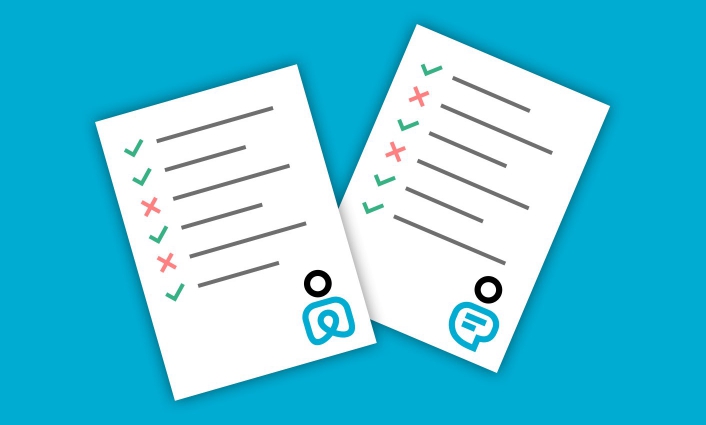
In order to strengthen its educational value, the Human Rights Guide now offers several new educational materials and tools.
- Human Rights Compendium
- Infographics
- Human Rights Case Box
Human Rights Compendium explains the meaning of different human rights as contained in international conventions and national constitutions, supplementing the Guide’s primary purpose to explain human rights through social themes for practical purposes with rights-based educative approach. The rights are explained using relevant examples from national contexts of the partner countries, adding relevant international sources and linking the rights with the relevant themes in the Guide.
Currently, the following rights are available online:
- right to life
- prohibition of torture
- liberty and security of person
- right to a fair trial
- right to privacy
- freedom of expression
- freedom of assembly
- right to vote
- freedom of religion
- right to education
Infographics explain different human rights processes and topics in a visual way. Currently, you can acquaint yourself with:
- Core cases of the European Court of Human Rights which transformed the legal landscape of our three partner countries: Latvia, Lithuania and Estonia
- Core facts about our partner countries and the European Convention on Human Rights system
- Basic tenets of human rights
Human Rights Case Box is a searchable database which brings together 1000+ referenced cases and 300+ case summaries of the Human Rights Guide, linked with the relevant themes. Human rights cases from international and national courts greatly contribute to the development of human rights law. Every year the courts rule on many new, unclarified matters. That is why the Guide contains references to more than 1000 court cases and more than 300 unique case-law summaries carefully selected and prepared by our experts to explain the themes of the Guide and the problem situations therein. The Case Box brings the case-law as pivotal education and information source to the forefront to assist the professionals and the students in effectively identifying court cases for their work and studies.
The materials have been developed by BHRS in collaboration with the Human Rights Voice (Lithuania) and Estonian Human Rights Centre. The project in the time period of 2020-2022 has been financially supported by the Nordplus Adult grant scheme.


